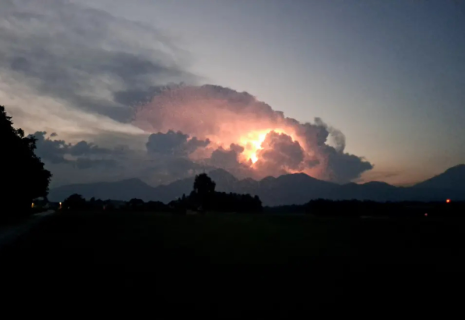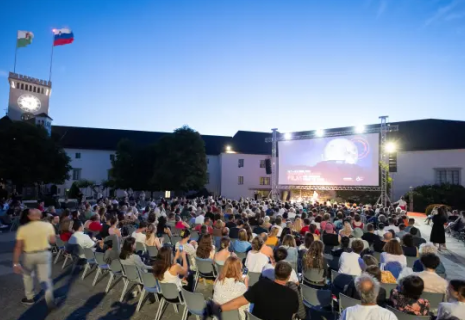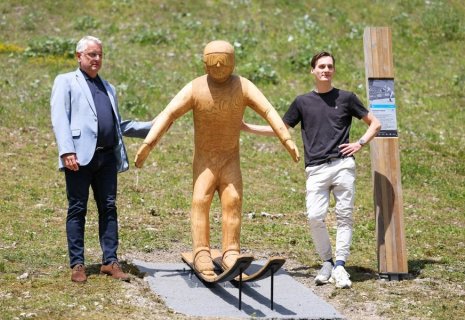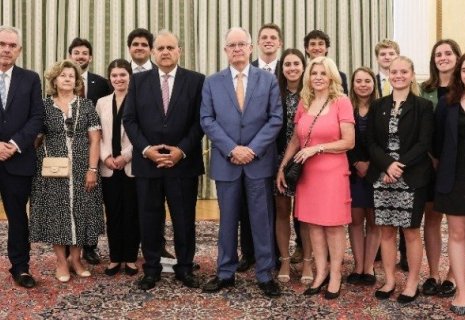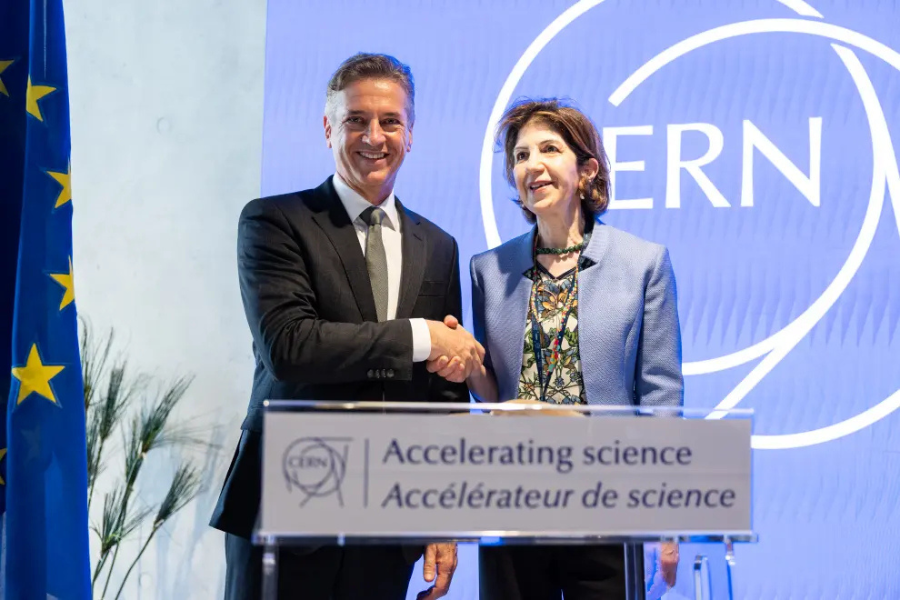
CERN welcomes Slovenia as full member
Slovenia was formally welcomed to the European Organisation for Nuclear Research (CERN) with a flag-raising ceremony after the country became a full member of the organisation on 21 June.
Fabiola Gianotti, director-general of CERN, said Slovenia was joining at a key moment as CERN is planning a new particle accelerator, significantly larger than the one used to confirm the existence of the Higgs boson in 2012, CE Report quotes The Slovenia Times.
Slovenian scientists have taken part in CERN projects for decades and have made significant contributions to its achievements, she said, adding that she was looking forward to even closer cooperation.
Prime Minister Robert Golob Slovenia joined CERN to help shape a future in which science will be a promise of peace. He praised the organisation as representing the best of what can be achieved by Europe and humanity.
"Our companies are delivering cutting-edge technologies. Our supercomputing infrastructure is prepared to serve international science. More than any machine, our real asset is people. Our young researchers, our engineers, our teachers," Golob said.
He noted that the country increased investment in science and research from €354 million to €700 million annually in the course of just a few years.
Slovenian researchers have been working at CERN for more than 50 years. They are mostly active in the ATLAS experiment, one of the two experiments that confirmed the existence of the Higgs boson in 2012 and continues to research its properties.
Andrej Gorišek from the Jožef Stefan Institute took over in March as the chief coordinator of the ATLAS detector at CERN's current flagship instrument, the Large Hadron Collider.
As a CERN member, Slovenia will have access to cutting-edge research facilities, including the Large Hadron Collider, and will directly participate in ground-breaking research and key experiments in particle physics.
Companies will be able to participate in technologically challenging projects, thus acquiring new competences and developing innovative solutions with high added value. Young researchers will have the opportunity to accumulate and implement knowledge in an environment "where science is pushing the boundaries of what is possible", the prime minister said.







